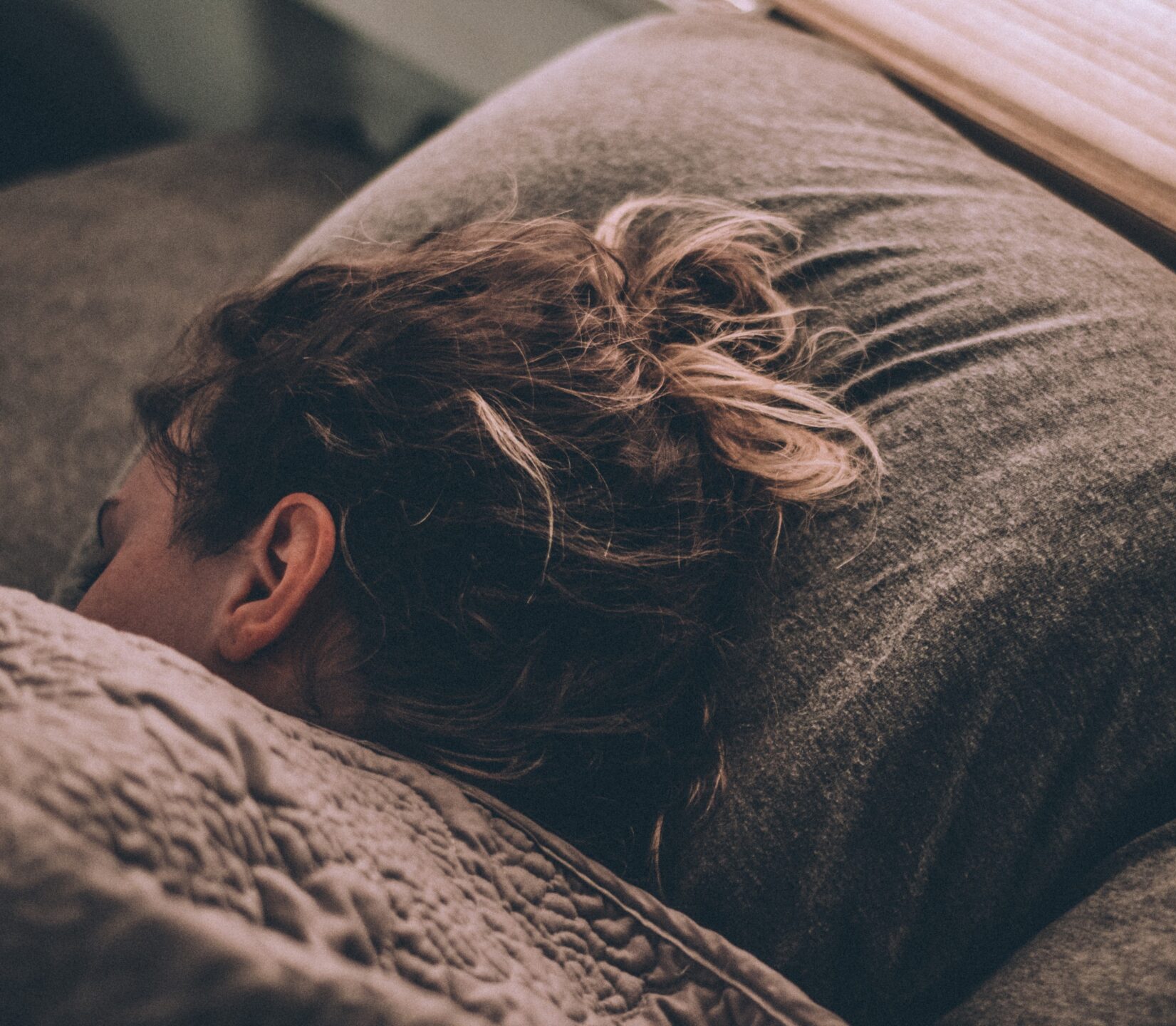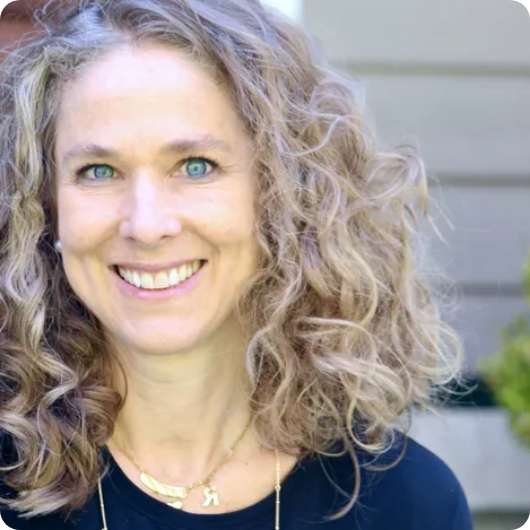Sleep
Four things you should do to improve your Sleep

Do you love to sleep? But is sleep something you struggle with? Whether it is because you have kids, or you got hooked on a TV series or because you wake up in the middle of the night unable to easily go back to sleep; you are not alone.
Sleep has become a challenge for many people, but the truth is, sleep can be the key to optimizing your health and there are four things you can do (behaviour changes) to improve the quality and quantity of your sleep in the short term. In the words of sleep guru Dr. Matthew Walker, “Sleep is the single most effective thing you can do to reset your brain and body health.”
Tool No. 1 – Regularity:
The best and easiest action you can start tracking today is to become aware of the time you go to sleep, and the time you wake up. Science suggests that people who sleep on average at the same time every day and wake up at around the same hour in the morning have a more balanced circadian rhythm, and in turn have a better quality of sleep.
The body recognizes this pattern and accommodates providing the essential biological responses to restore your brain and body every night. So, for example, if you have to work extra hours or meet some friends on the weekend and push your regular sleep time to later, try waking up at the same time you usually do. The next night goes to bed at your usual time. This simple change will help you get back into your regular schedule and energy levels.
What about targeting 7 to 9 hours per night? The answer is yes, aim to sleep on average 7-9 hours per night 80% of the time, but the key is not the number of hours, but the regular pattern you create within the 24h cycle.
Tool No 2 – Temperature:
How often do you wake up sweating? Either excess of covers or a hormonal issue, studies show that people improve their sleep by regulating the temperature in the room. Open or close your windows depending on the season or set your thermostat so the room cools at night. Based on experts’ opinion, 17-18 degrees Celsius is an optimal room temperature, but this will vary from individual to individual.
A warm shower or bath before bedtime will help your body feel cooler, a great habit to include before jumping into your bed every night. Avoid watching TV or scrolling through social media in bed, since this will heat up the mattress, potentially raising the overall temperature and waking you up later, bathed in sweat.
Tool No. 3 – Light Exposure:
Who is not concerned about looking at a screen, all day and night? Exposure to artificial light in the late afternoon and night has a negative effect on sleep. Here is an idea on how to optimize natural and artificial light exposure as a means to safeguard sleep.
According to Dr. Andrew Huberman, morning sunlight exposure helps set the internal clock for sleep and alertness. A short walk in the morning (even when cloudy), creates hormonal and neurological connections that have positive effects on your sense of sleepiness and alertness, and therefore, help you fall asleep faster and stay asleep throughout the night.
Start by opening your curtains facing east or going outdoors to get a morning light bath before starting your day. Don’t look directly at the sun, but don’t use sunglasses either. To maximize the benefits, expose yourself to natural morning light for 30-60 min daily.
Equally important is the exposure to artificial light at night. We all know how hard it is to disconnect from electronics: a quick message, social media, the last work email, or your favorite show. It is a challenge, but it is not impossible.
Try shutting off all electronics one hour before your ideal sleep time. Dim the lights, take the warm shower we talked about earlier, and read a couple of pages of a paper book. If you need to use your phone in your bedroom, make it a rule to only do so if standing (this includes TV).
Tool No. 4 – Movement:
This is not necessarily cardio or HIIT training. Movement is taking 2 minutes every 20 minutes to move around: walk, dance, stretch, wiggle, jump. Bring some actions to your body (and heart). Movement and exercise provide many benefits to health, but in reference to sleep, it allows your body to use energy, send the signal to your brain that it has been active and create a natural phenomenon called “sleep pressure”. When the night comes, a person who has moved during the day will be able to fall asleep faster and stay asleep during the night.
Stack movement to morning light exposure. Go for an early brisk walk. Start with 5 minutes; soon you will be walking 10, and shortly after it will be 30 minutes.
Small changes make big differences. Pick one tool and work with it for a week before adding a second one. Hope these tools help you sleep better and wake up ready to face the day!
Sleep well,
Rosana





